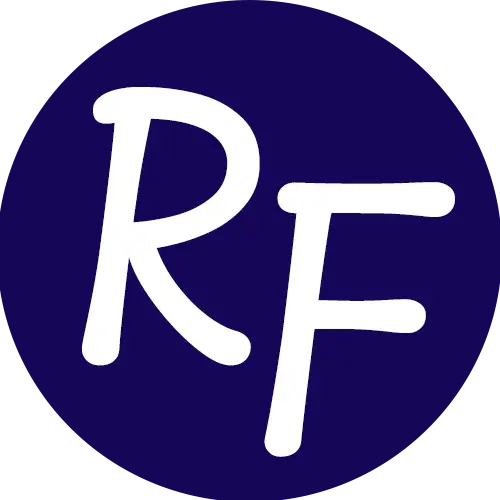A business leader recently said to me, “Yes, I would love it if they had a deep sense of professionalism, if they were great at critical thinking, if they were good at old-fashioned followership. But most of all, I’d just take a please and thank you once in a while.”
In today’s world of short text messages and rushed conversations, a little politeness can go a long way toward making a good impression and contributing positively to your office environment. Say ‘please’ and ‘thank you’ when communicating with your coworkers—both in-person and through electronic communication.
Think about it, if you say ‘thank you’ to a coworker, they’re more likely to help you again. If others hear you, you’ve added a bit of brightness to their day too.
Make sure to thank your customers, too! It may be second-nature to thank a client for their business, but if you look for a less obvious opportunity, you won’t have to look long. For example, if a client is flexible when you need to move a meeting, or hosts you at their facility and provides food. According to a slideshow on entrepreneur.com, “Research shows that customers spend more, employees accomplish more, and vendors are more likely to pay on time, if they’re thanked regularly.” An out of the ordinary thank you will mean more than the typical ones that come naturally in conversation.
Sometimes people feel that being polite can make them seem weak or unassertive, but that’s just not the case. There’s a big difference between being polite and being a pushover. We’re not talking about doing your coworker’s dirty work every time they ask or staying late more often than anyone else—but rather simply treating the people you encounter with respect and courtesy. The key is to be polite but firm. Dictionary.com defines polite as “showing good manners toward others, as in behavior, speech, etc.; courteous; civil:” Nowhere in there does it say not to speak your mind, assert your opinions, or disagree with someone.
Confidently thanking people can actually make you seem more assertive. If you are hoping to move up to a position where you work with higher-level employees or important clients, you’ll be showing your managers that you know how to act professionally and can be trusted with the big jobs.
What other good things come from being polite?
- You’re more likely to be understood—it helps avoid unproductive arguments. Also, the listener is less likely to misinterpret your tone.
- You’re more approachable. People will feel more comfortable coming to you. They will want to work with you and for you.
- You earn the right to have a bad day. If you’re polite as a rule, the day you come to work with too much on your mind and your attitude isn’t its best, your coworkers will give you leeway because you’re typically so pleasant!
One unfortunately common misstep when it comes to manners in the office is INTERRUPTING. Let your coworkers finish their sentences. Even if you know they need to be corrected or are on the wrong track, wait for a polite time to interject. Interrupting sends multiple negative messages:
- What you’re saying is not important.
- I don’t respect you.
- I’m not listening.
When you put it that way, it seems like something to emphatically avoid, right? We all know interrupting is impolite, but we do it anyway. Why? Probably because we’re not listening closely enough. So if you find yourself frequently interrupting, refocus on what’s being said and look for valuable points from your coworkers.
The bottom line is that we all need to make a point to respect our coworkers. Sometimes that comes naturally, and sometimes we need to remind ourselves and look for reasons to be appreciative. But if you respect your coworkers, it will come naturally to thank them, treat them politely, and let them speak without interruption.
Do you have other ideas of how being polite at work can help you or the office environment? Share in the comments below.
Photo: Shutterstock
[share title=”Share this Post” facebook=”true” twitter=”true” google_plus=”true” linkedin=”true” pinterest=”true” reddit=”true” email=”true”]





